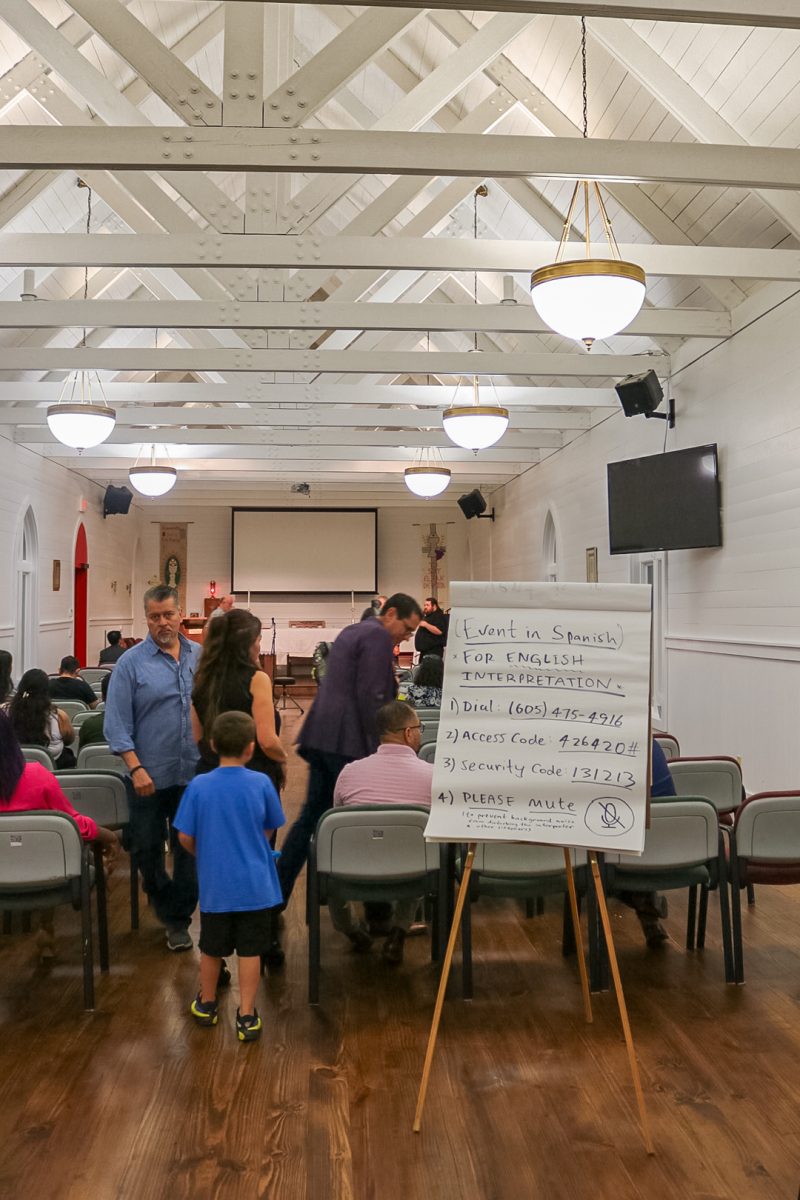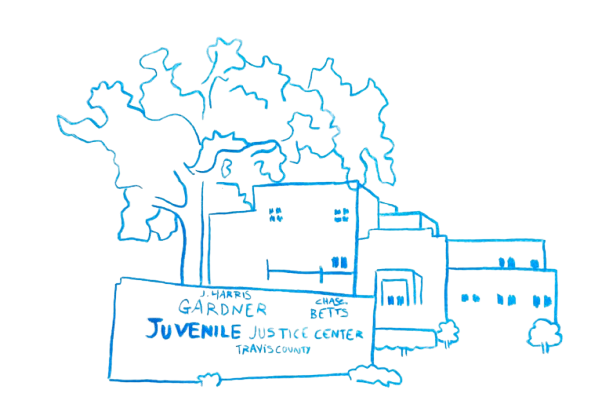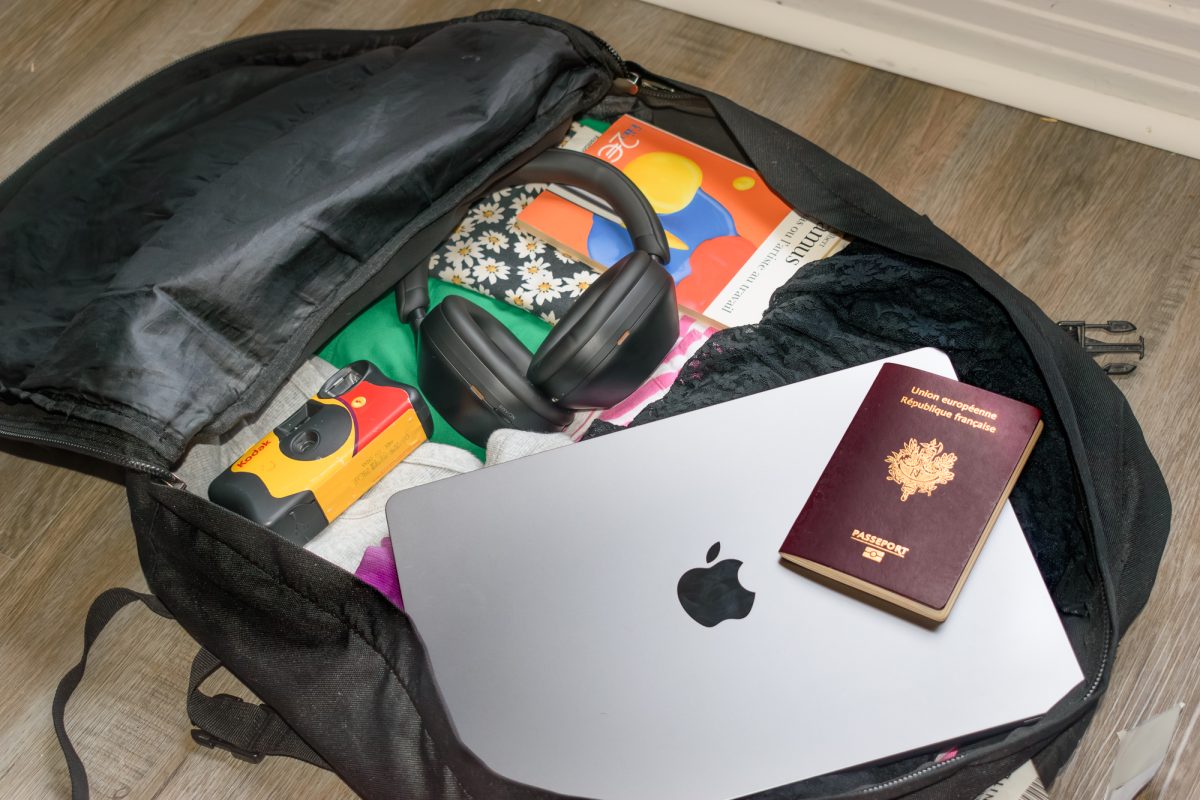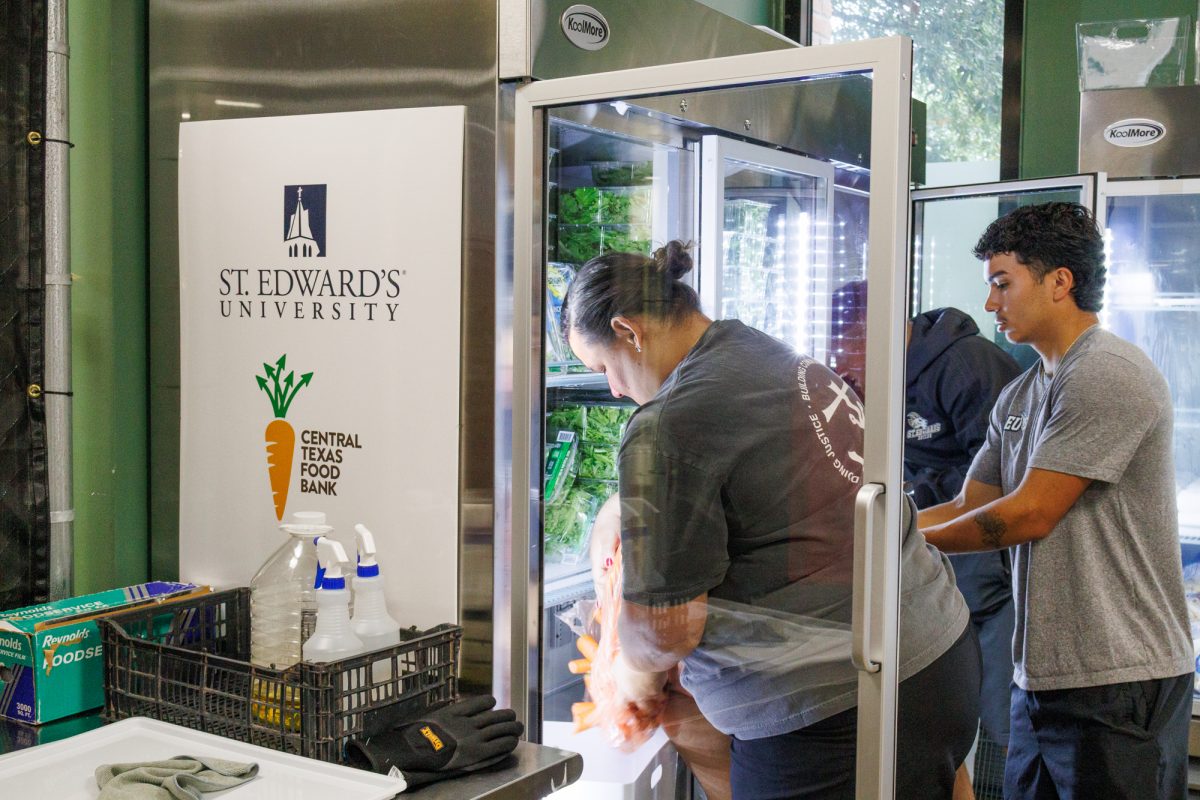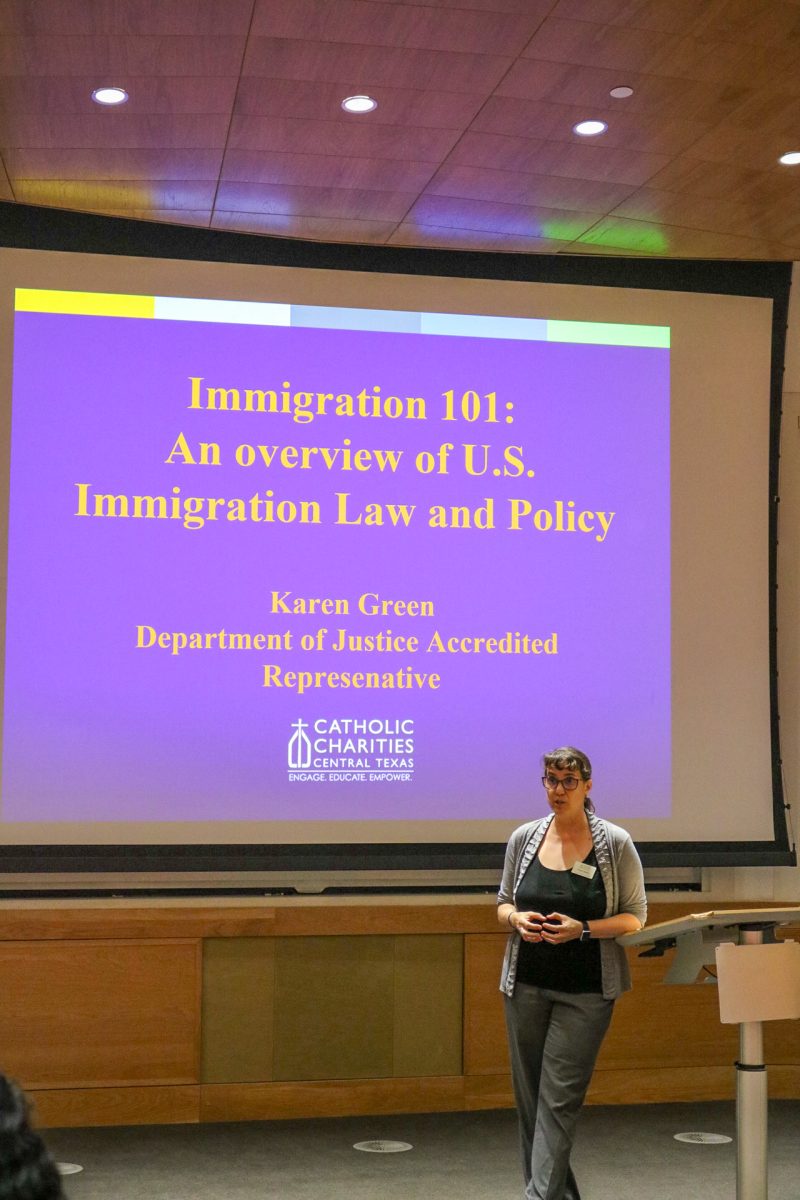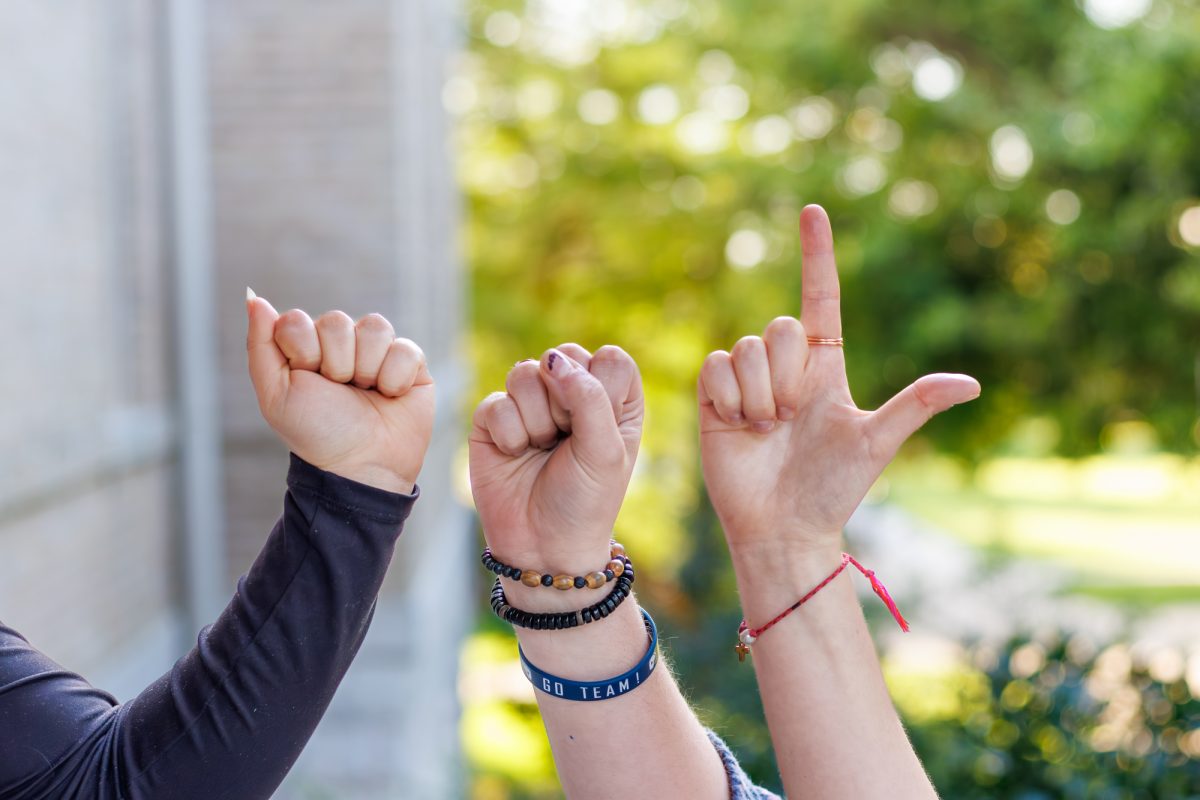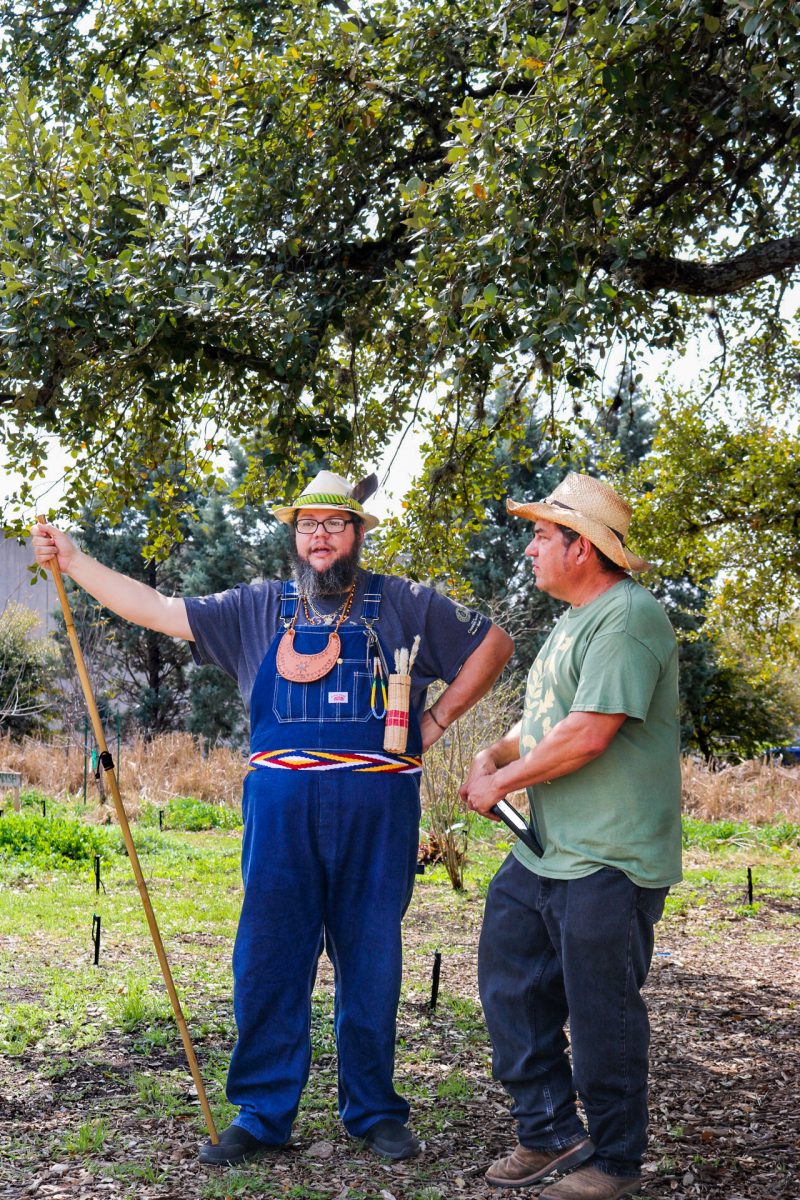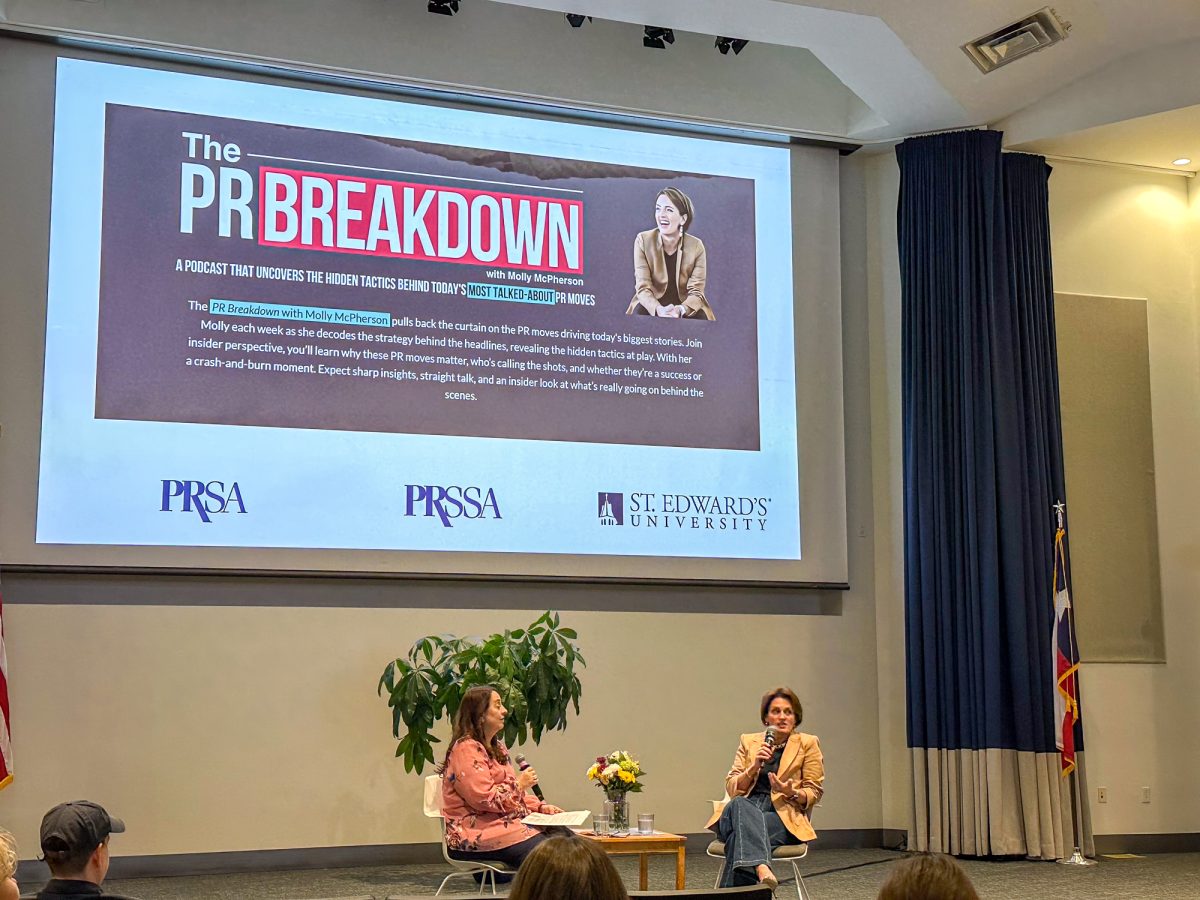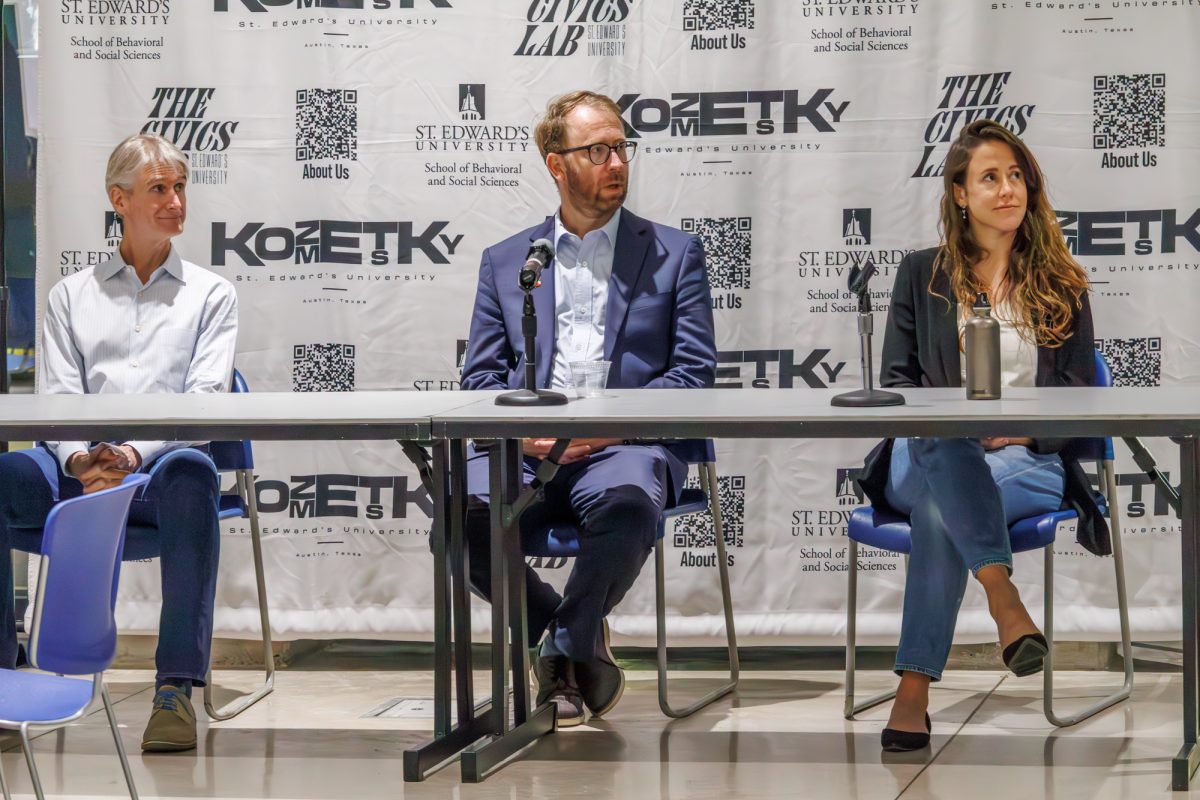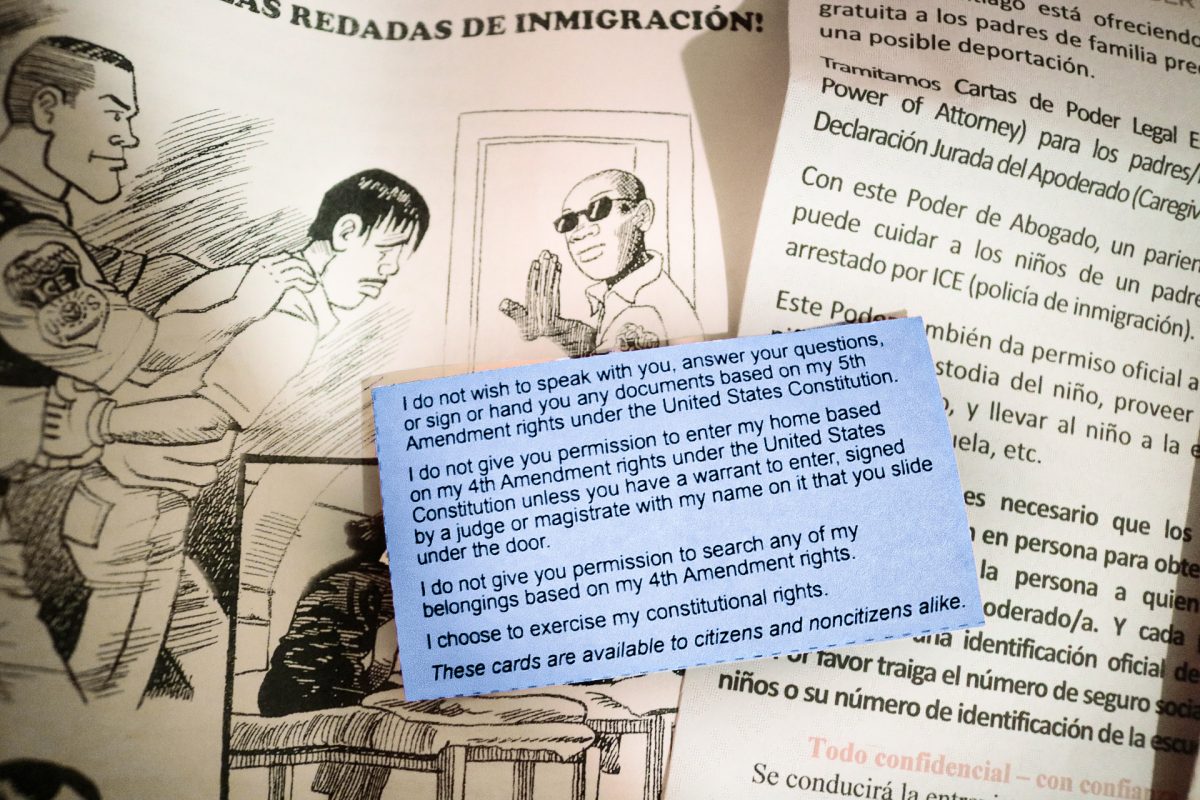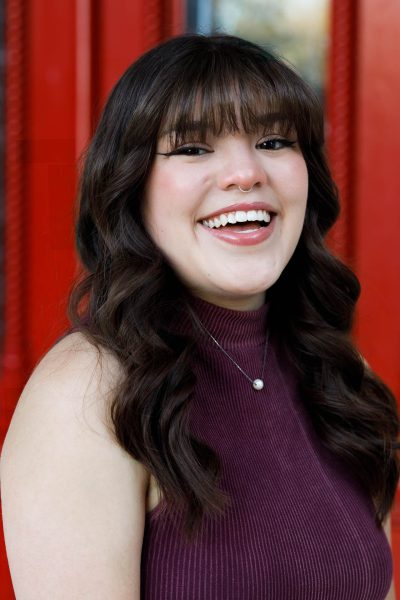Director of Academic Initiatives and Freshman Seminar Director Emma Woelk was joined by a number of St. Edward’s faculty members for a panel discussion on the topic of diversity and democracy. The panel was organized to serve as an informational program for freshmen that ties in with this year’s common theme, Defending Democracy. The discussion also alludes to the freshman common read, “On Tyranny” by Timothy Snyder.
A total of six professors contributed to the conversation, with Woelk serving as the moderator. The panel hosted Alex Barron, Rodrigo Nunes, Adam McCormick, Tiffany Puett and Angela Ju. Each professor had a specific area of study, which included women and gender studies, English, religion and theology, political science, international affairs and social work.
The professors required their own personal input of diversity and democracy through the lens of their area of study to answer the questions.
“I wanted to bring in voices that think about different things like gender, sexuality, race, religion, and certainly also, that think beyond America,” Woelk said.
For one perspective, after being asked to tie in their field with the topic in a modern day lens, Barron explored the importance of diversity and democracy by discussing analysis of dystopias and utopias in banned books, using Margaret Atwood’s “The Handmaid’s Tale” and Octavia Butler’s “Parable of the Sower” as examples.
“There are visionary authors that push society forward,” Barron said. “They use visions of the world gone completely awry, and they are able to make you imagine ways of living in a community that you have never been able to see before.”
Another perspective provided was through a social justice lens, delivered by McCormick. Having a focus on social work and social justice, McCormick’s answers were connected to the importance of identifying systemic racism and ongoing systems of oppression that continue in the U.S., representing marginalized groups and how doing so will strengthen democracy.
“When it comes to defending democracy, the answer is right there,” McCormick said. “We do this so that we can change those systems and so that we can live out some of these dreams and visions that just haven’t existed in many instances and certain populations.”
Puett, who studies in the field of religion and theology, brought the perspective of how religion can add diversity and complexity to ideas, but can also threaten democracy through certain religious groups trying to gain precedence in society, explaining this through the example of the rise of Christian nationalism in the U.S.
“We’re living in this moment in the United States where there are a lot of religious folks that are trying to use religion to consolidate power through Christian nationalism, which is inherently anti-democratic,” Puett said. “It can be a really powerful, rhetorical tool to consolidate power and then tell people that you are doing it because it is ‘God’s will’, and that can be really persuasive for a lot of people.”
Both Nunes and Ju gave their answers similarly, viewing democracy using concepts of political science through an international lens. Nunes highlights why one would want to defend the system of democracy by approaching questions with a logical sense.
“Democracies have to be responsive to what people need,” Nunes said. “Democracies tend to be good at preventing catastrophes, which is becoming more difficult.”
Woelk, having previously worked in the field of German studies, said that she views the discussion as a way to contrast systems of diverse democracies that failed and were taken over by authoritarian regimes, and how we can use that as a learning opportunity to improve and maintain democracy.
“History doesn’t repeat, it instructs, and that is the lens that is very helpful for me to make sense of what is going on,” Woelk said.
Using the input provided by each professor, Woelk explains that she hopes students will be more willing to learn and inform themselves and others about the importance of being actively involved in democracy in light of the upcoming presidential election.
“Apathy is very tempting, and it’s scary to think in this year of big elections that there will be a large part of electorates that will not participate,” Woelk said. “But things such as being willing to have different conversations, bridging ideological divides, building community and trusting in democracy is a way to get involved.”




